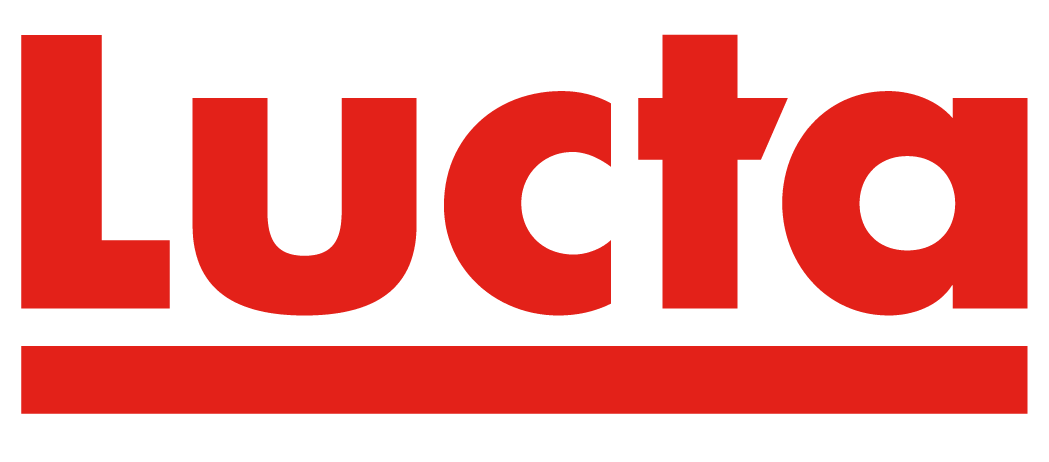Weaning stress results in impaired gut health and piglet performance. These consequences are partly the result of the release of the corticotrophin releasing factor (CRF), which induces degranulation of intestinal mast cells (MC). The objective of this study was to test the hypothesis that blocking the activation of the hypothalamus-pituitary-adrenal-MC axis at weaning maintains intestinal barrier function and improves animal performance after weaning. Twenty piglets (Landrace x Large White) x Pietrain were weaned at 23 days of age (6.4 kg mean body weight (BW)) and injected (i.p.) with saline or 20 mg/kg BW of sodium cromolyn at -0.5, 8 and 16 h relative to weaning. Piglets were housed individually and fed ad libitum non-medicated prestarter (0-15 d) and starter (16-35 d) feeds. Body weight and feed intake were measured weekly. Concentration of plasma CRH and MC tryptase were measured at day 2. Plasma mannitol and cobalt were measured 1 h after infusion at days 2 and 35. Data were analysed using a mixed-effect model with repeated measures over time, with the pig as a random effect and the treatment, the week and their interaction as fixed effects. Treating pigs with cromolyn improved gut permeability (P < 0.05), feed intake (18%, P < 0.01) and BW (8%, P < 0.01). In conclusion, reducing the negative impact of weaning stress on gut permeability can improve animal performance tech.service@fad.com
Autores: Alessandro Mereu, Gemma Tedo, Joséphine Charve, Adam Moeser , Ignacio Ipharraguerre
Libro/Revista: Journées de la Recherche Porcine, 47, 131-132.
